
What’s the Deal with Vitamin D?
You’ve probably heard people joking about getting their Vitamin D being out in the sunshine, but what does this vitamin actually do? Quite a lot, as it would turn out.
Your skin produces Vitamin D as a response to sunlight. However, using sunscreen inhibits this process in your skin. That doesn’t mean that you should stop using sunscreen, though. Vitamin D is also present in foods such as salmon, sardines, egg yolks, and shrimp. Various processed foods are also fortified with Vitamin D, and supplements are also a good source.
But what does it actually do? There are multiple studies on the role that Vitamin D plays, and some of the major ones include the following:
- Promoting healthy bones and reducing the risk of osteoporosis
- Decreases risk of Type 1 Diabetes
- Lowers Blood Pressure
- Decreases risk of various types of Cancer
- Lowers chances of Heart Attacks, Rheumatoid Arthritis, and Multiple Sclerosis
- Fights disease by boosting the Immune System
- Reduces Depression
- Strengthens Muscles
- Boosts Weight Loss
With all of these benefits, Vitamin D almost seems like a miracle Vitamin. Many doctors consider a daily dose to be 1000-2000 IU, but urge not to take more than that in supplement form. It’s also recommended that you take it with your largest meal of the day, as it’s a fat-soluble vitamin.
If you live in a northern region, or in an area of high pollution, you’re likely not getting enough sunlight for your skin to produce it naturally. And as we mentioned earlier, sunscreen can block production as well. Spending most of your time indoors, living in cities where tall buildings block sunlight and having darker skin can all lead to Vitamin D deficiencies.
The best way to know whether or not you’re getting enough Vitamin D is for your doctor to run a blood test. If you are deficient, your doctor will likely prescribe Vitamin D supplements. If you’re feeling tiredness, aches, and pains, or suffering from stress fractures, you may want to speak with your doctor about testing for Vitamin D deficiency.
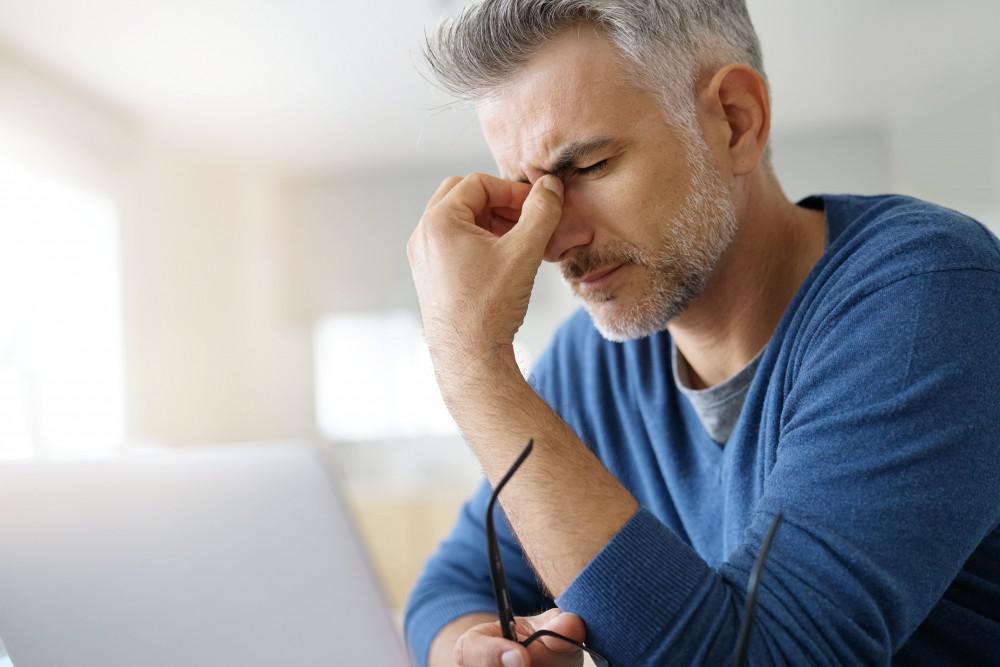
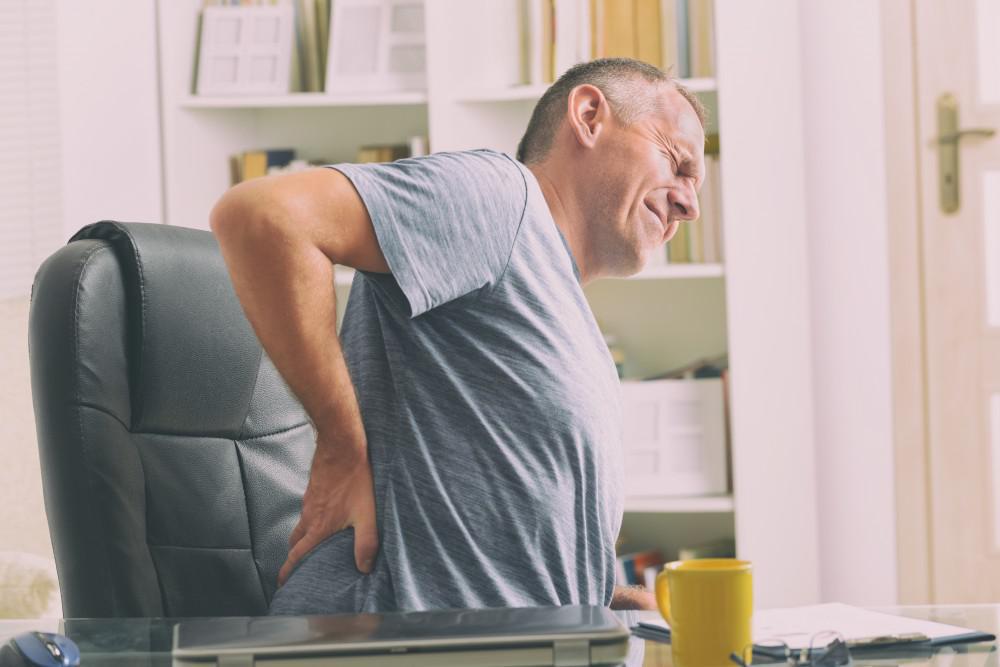
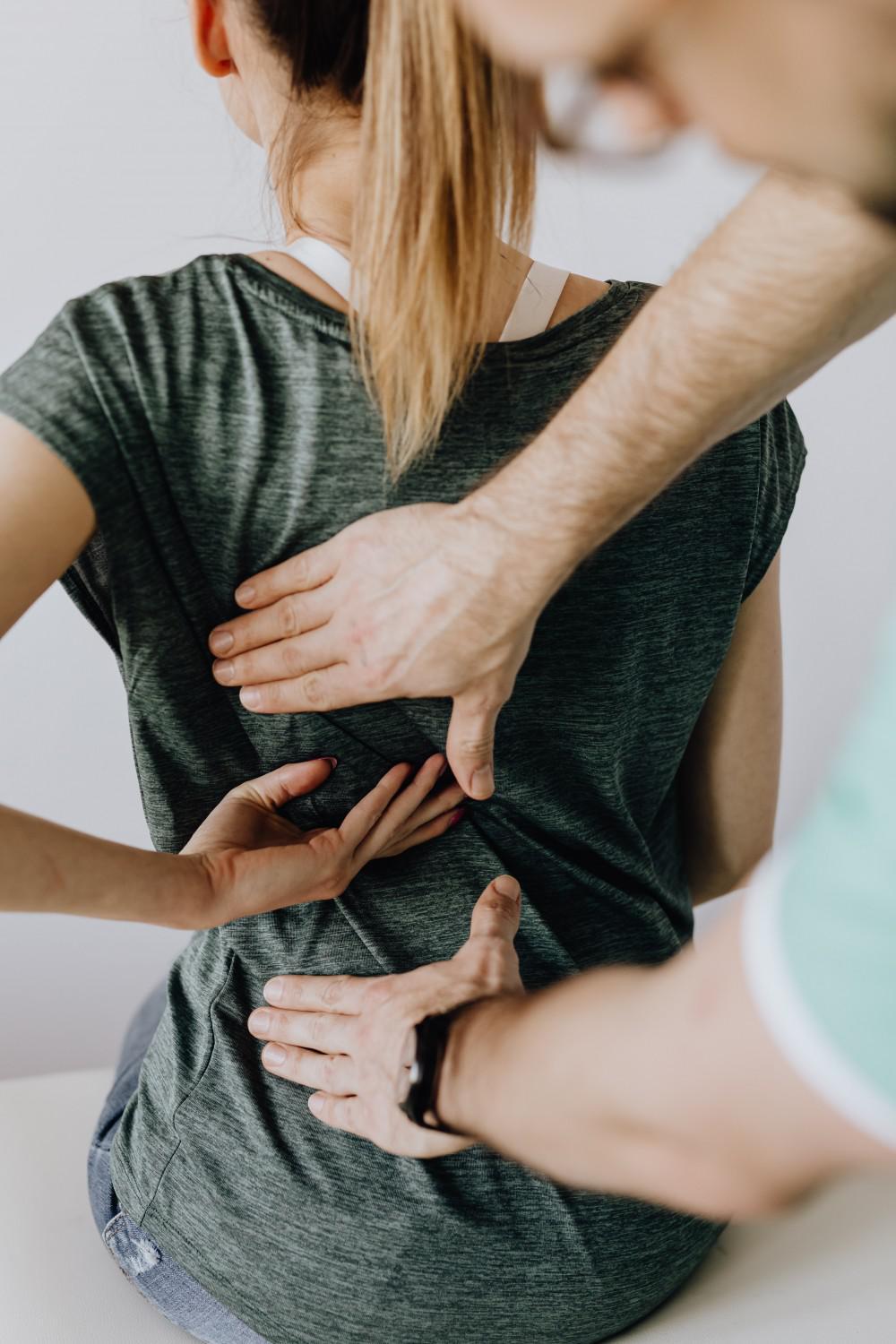


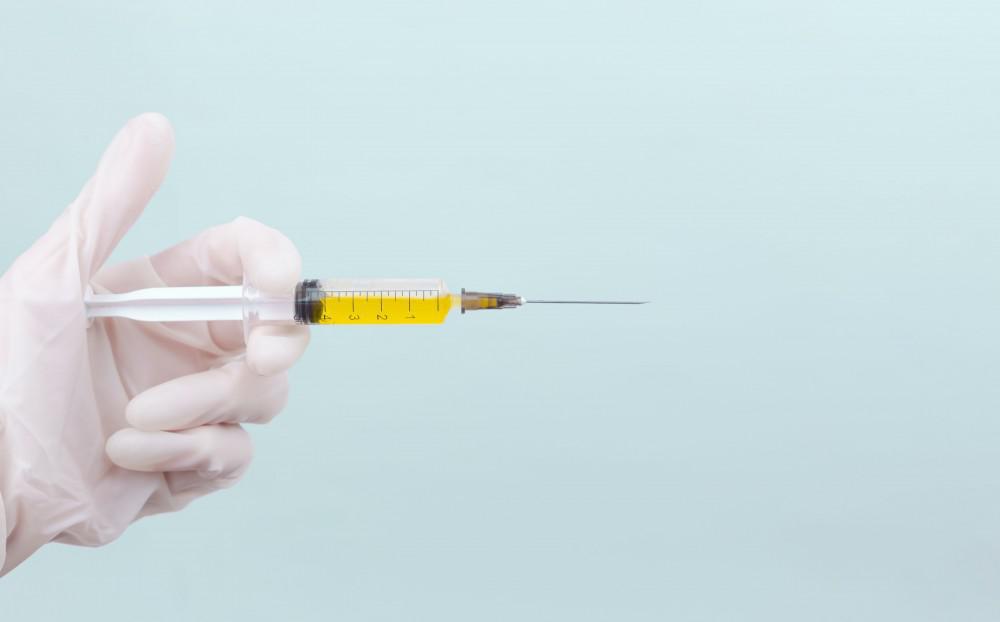
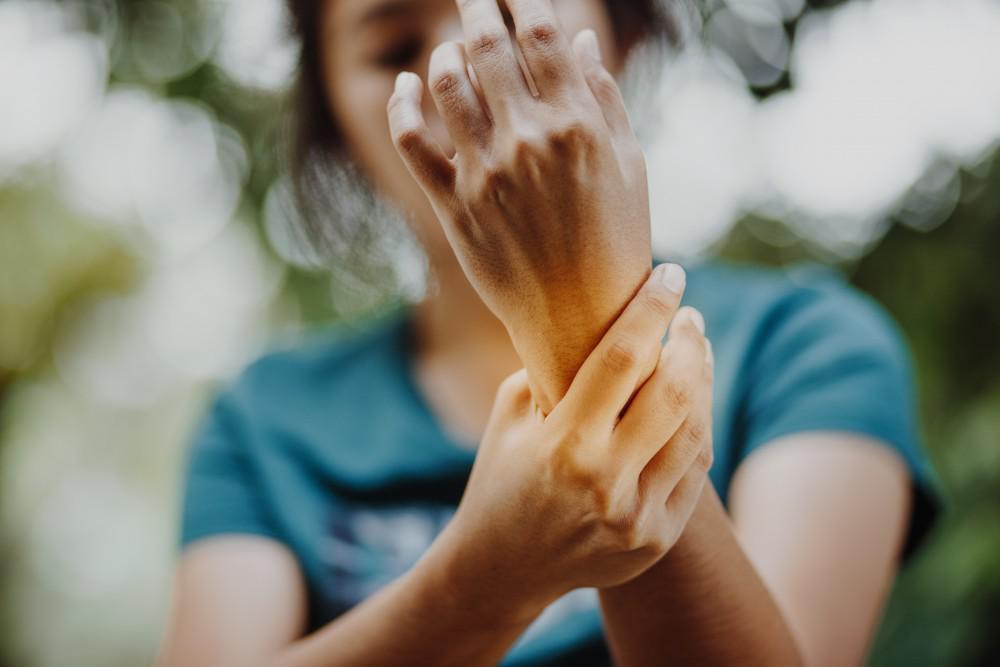


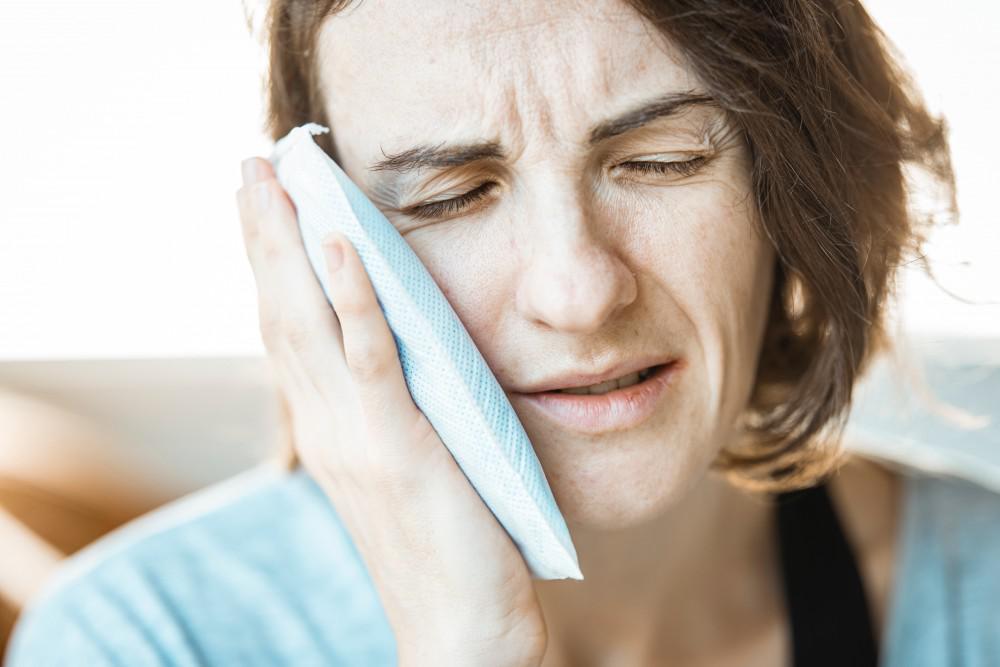
Related Posts